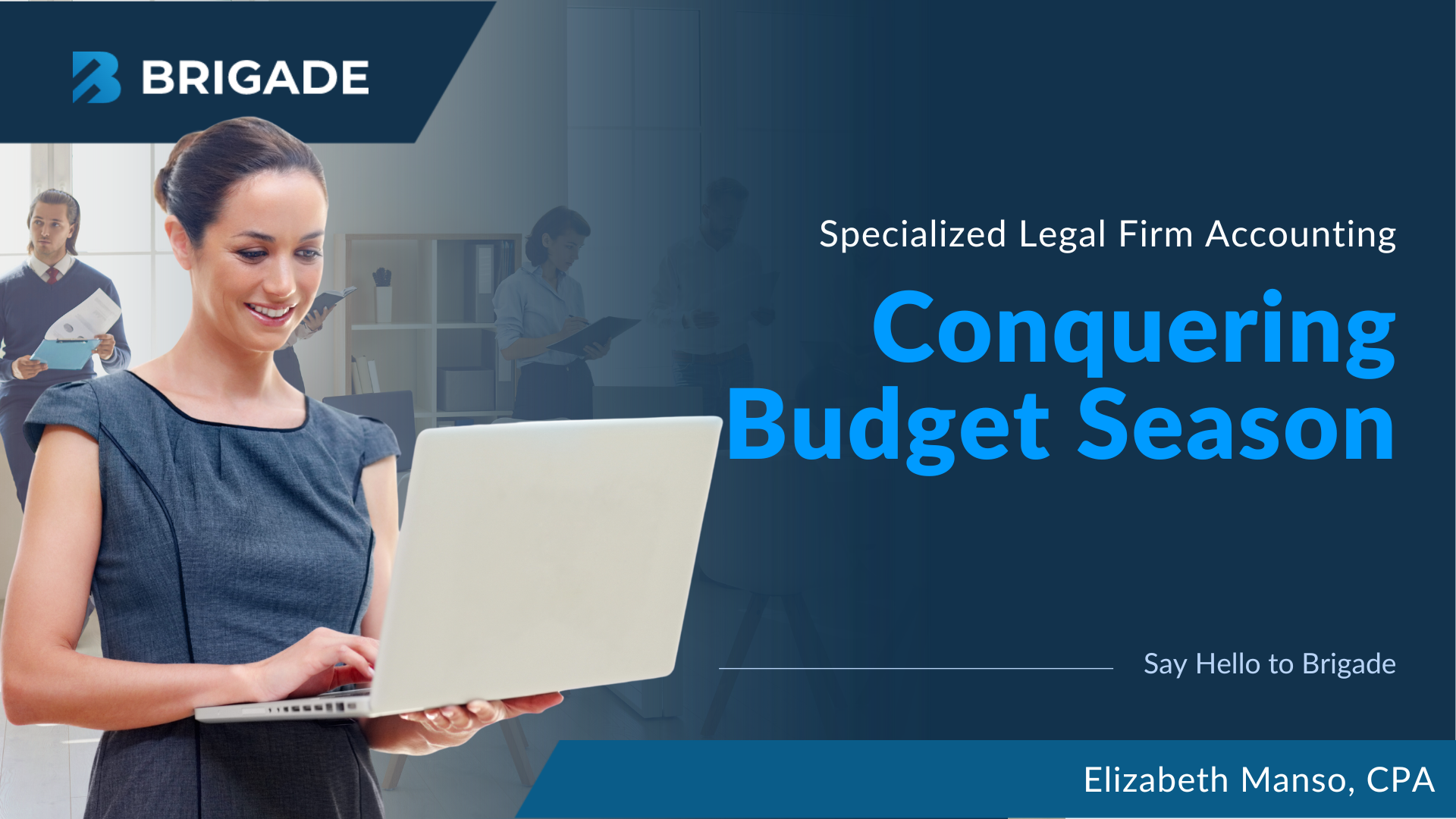 Summer is officially here! Your kids may be off this summer, but for many teenagers and young adults, summer is all about finding an internship or a part-time job.
Summer is officially here! Your kids may be off this summer, but for many teenagers and young adults, summer is all about finding an internship or a part-time job.
My husband, Will Manso, and I both had summer jobs while growing up. Will worked at a baseball card shop in Lake Worth, Florida. I worked at Lerner New York (now called New York and Company) in retail sales in Boynton Beach, Florida. I also worked at Great Western Bank (now Chase) as a bank teller. Both of my jobs taught me about working hard and the importance of customer service.
If you’re a business owner and have hired some extra help this summer, there are some financial and tax tips you need to know about if you’re hiring extra summer help:
1. EMPLOYMENT VS. INTERNSHIP – Some companies hire extra help over the summer without really thinking about everything that goes into it. If you hire an intern, make sure the job fits their class credit requirements and make sure you set and track your intern’s hours. If you plan to hire summer help, make sure there is enough work for them to do and that you have the time to train him or her properly. Another important factor is paying your summer employee; make sure you pay him or her at least the minimum wage. The federal minimum wage varies depending on where you live, so be sure you’re in compliance.
2. PAPERWORK COMPLETION – On the first day, it’s important to have your summer help fill out all necessary paperwork. As a precaution, I tell my clients to have all of their employees and interns fill out both university internship forms and all possible tax forms, such as a W-4’s or W-9’s. It’s easier to have someone fill out a form when they are on-site rather than trying to locate them next year come tax time.
3. EMPLOYEE CLASSIFICATION – Make sure you know how you will be classifying your summer help. Will you hire them as independent contractors, part-time employees, or full-time employees? Each one requires different paperwork and can have different tax liabilities for the business owner.
4. TAX TIME – Finally, keep in mind that either you or the employee have to pay taxes. There are payroll taxes, federal taxes and possibly state taxes to consider. So consult with your bookkeeper or accountant before you make the hire. If you’re doing your own books or need a second opinion, feel free to email me at Elizabeth@dmaccounting.net to review your new hire’s status.
Although I probably didn’t appreciate my jobs back then, I am truly grateful to my employers who took the time and effort to hire a “young kid” over the summer. I think it was the unofficial start of my career in bookkeeping and accounting, and I have very fond memories of that time in my life.
So if you plan to bring on extra help this summer, enjoy the opportunity to impact the growth of a young person. Just keep in mind these financial and tax tips so you don’t get into trouble come tax time.
Happy Summer Everyone!

